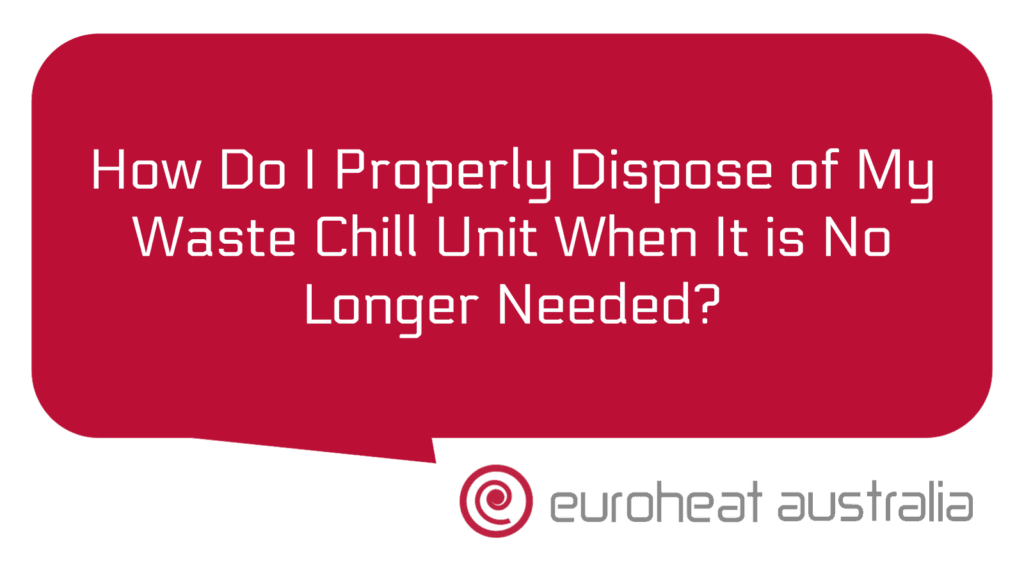Do you want to make your home energy-efficient and save money on bills? Geothermal heating and cooling might be the solution for you. It is the most efficient way to heat and cool your home, while being good for the environment. But first, how do you know if your home is suitable for geothermal installation?
To begin with, Geothermal systems work best in areas with a moderate climate. If your area experiences cold winter temperatures or hot summer temperatures, then you can benefit from installing geothermal. Another factor to consider when determining whether your home is suitable for installation is the size of your property. Larger properties tend to have enough room to install Geothermal systems without conflicting with other utilities or existing infrastructure. On the other hand, if you have a small lot size or limited space, then it might be difficult to install a geothermal system in your home.
The next step is to determine how much energy you need for heating and cooling your home throughout the year. This will depend on the insulation of your walls, windows and roof; as well as how much air leakage there is in your home. If you have an older house that isn’t well insulated, then it’s likely that a geothermal system will be more efficient than traditional heating and cooling methods. On the other hand, if you have a modern house with good insulation, then it might be wise to stick with conventional methods of heating and cooling instead of investing in a geothermal system.
If you determine that a geothermal system would be appropriate for your property, then there are several benefits associated with this type of heating and cooling solution:
Firstly, installing a geothermal system can significantly reduce energy costs over time due to its high efficiency rating (400-600% efficiency). The reason why it’s so energy efficient is because it uses energy from beneath the Earth’s surface rather than burning fossil fuels like traditional systems do. Secondly, Geothermal systems generally require less maintenance than conventional heating and cooling methods since they are built into the ground rather than being installed on top of it like traditional units are – this means fewer repairs and thus lower long-term costs. Finally, since these systems don’t produce any emissions they are much better for the environment than using traditional fuels such as oil or gas – this makes them an ideal choice if you’re looking to reduce carbon footprints in both residential and commercial buildings alike!
If all these benefits sound appealing but you’re still unsure about whether or not a geothermal system would suit your needs best – don’t worry! Designing and installing these systems requires expert knowledge so it’s best to enlist the help of professionals who specialize in this area such as Euroheat Australia – Perth engineers & installers that design & construct hydronic heating & cooling systems with 30 years of experience!
In conclusion, determining whether or not a geothermal system would be appropriate for your property involves considering factors such as climate conditions in your area; size of lot; insulation levels; air leakage levels; as well as energy needs throughout different seasons throughout each year. If all these factors point towards installing a geothermal system being beneficial for both cost savings & environmental sustainability – then enlisting help from experienced professionals such as Euroheat Australia can guarantee success when designing & constructing hydronic heating & cooling solutions!





